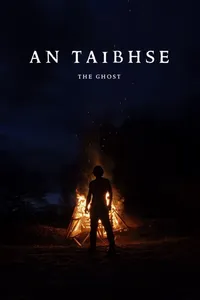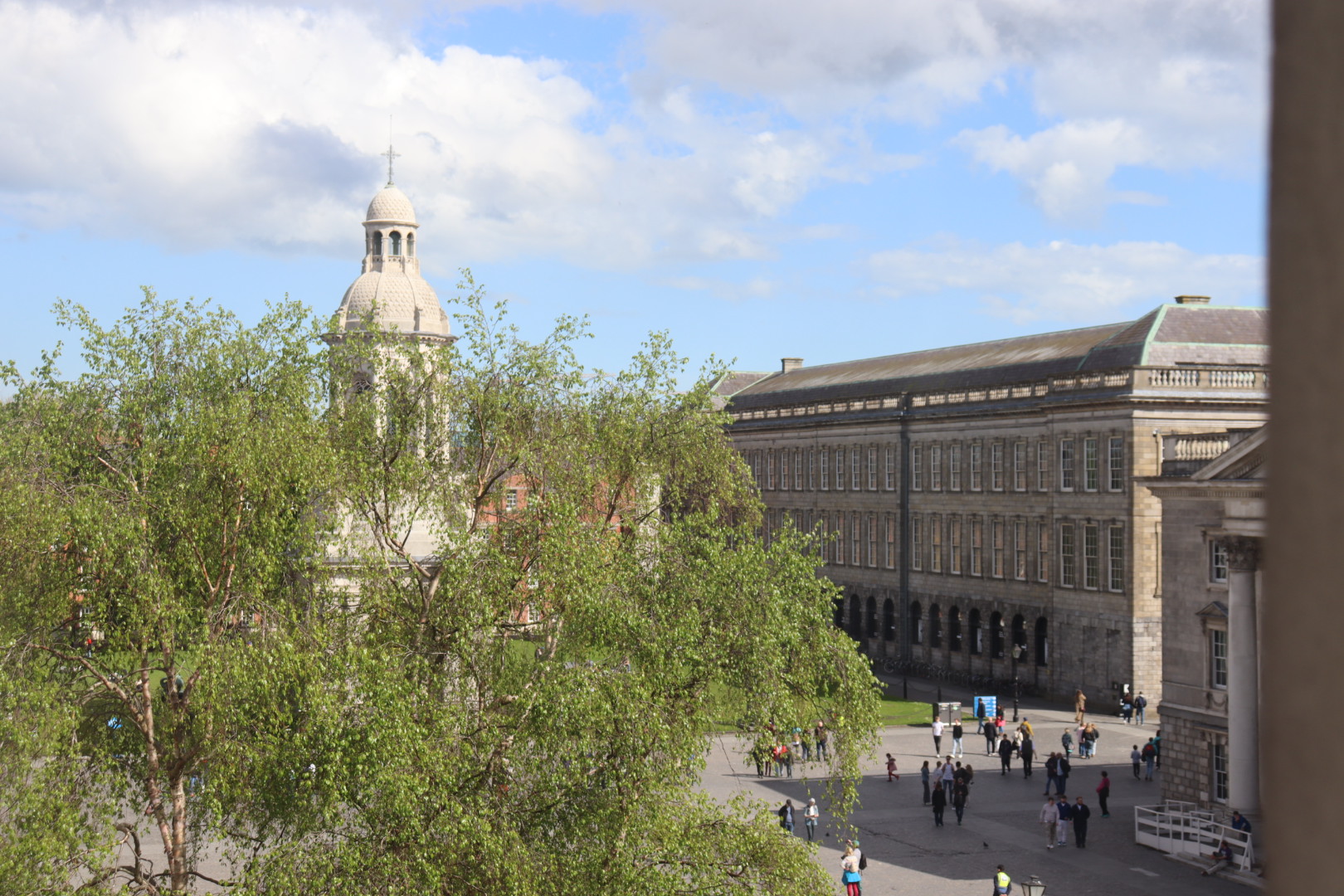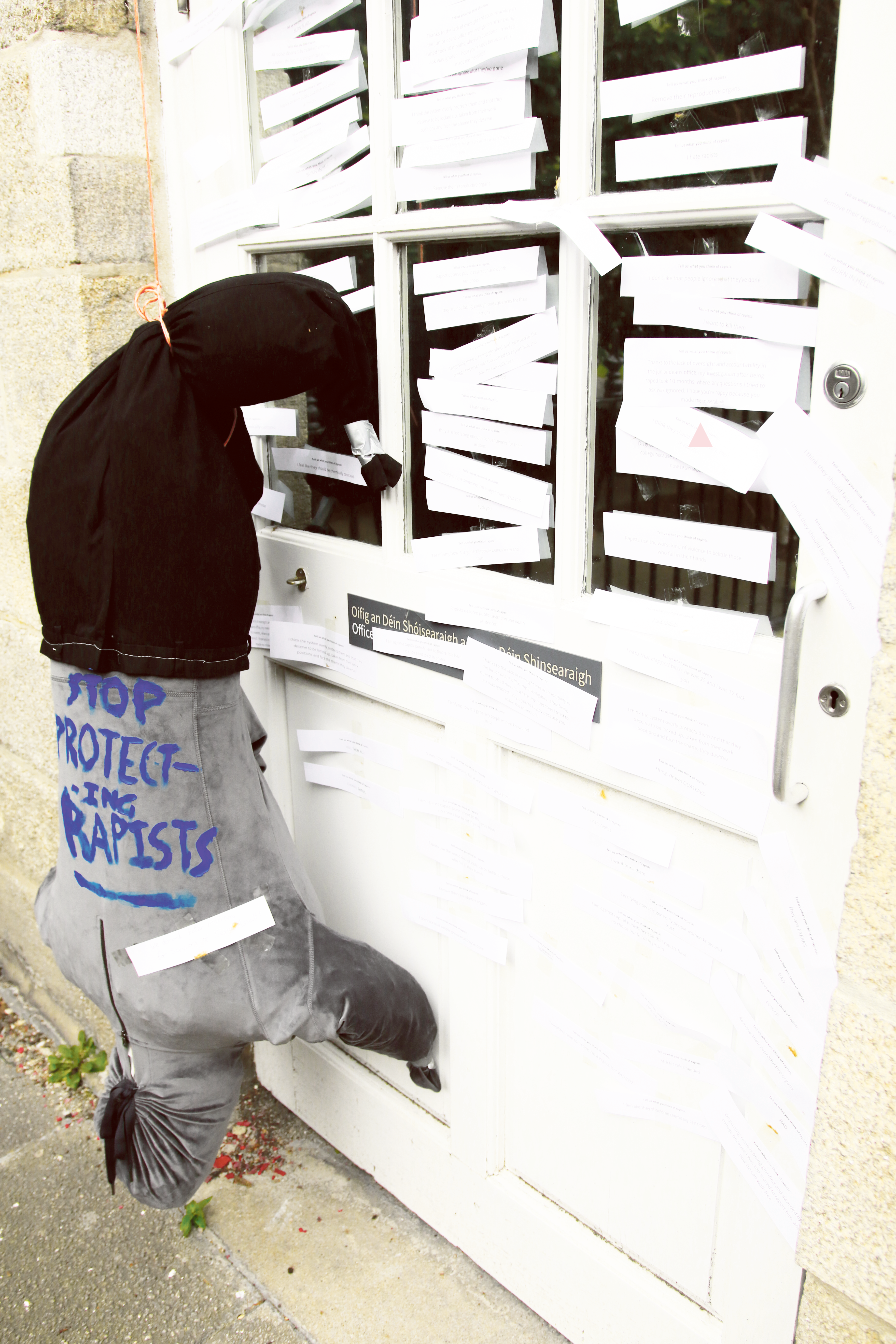James Larkin | Contributing Writer
“I’m Lance Armstrong, you’re gonna remember my name”
As of July 24, 2005 Lance Armstrong was one of the greatest cyclists of all time having just won seven consecutive Tour de France titles and retiring at the top. There was more to this story than just a great sportsman; Armstrong had been diagnosed with testicular cancer nine years before this in October of 1996 and given a fifty-fifty chance of surviving. He had survived cancer and beaten all the odds to become one of the most renowned sportspeople of all time. His fight against cancer and his newfound status led him to setting up Livestrong; which provides support for cancer victims. People the world over wore Livestrong bracelets as signs of support for cancer victims, and for Lance. As of July 24, 2005 Lance Armstrong, the boy fromAustin,Texaswas on top of the world in more ways than one.
Le Tour du Dopage et Le Grand Reboucle
The 1998 Tour de France was known as “The Tour of Doping” with many cyclists from the tour being disqualified, to the extent that results of certain stages were being nullified due to so many drug related disqualifications. Cycling was losing what little credibility it had left and the International Cycling Union (UCI) was worried as sponsors began to drop out. The UCI declared that the 1999 Tour de France would be “The Tour of Renewal” and that the pace would be slower which would help prove it was a clean tour. During most of that tour a man who had just recovered from cancer held the Maillot Jaune, this man was exactly what the tour needed; a fairytale story who had never been notably involved with drugs before. This man was Lance Armstrong. Armstrong had never been much more than an above average pro-cyclist with his highest pre-cancer finish in the tour being 36th. There was clearly something amiss here, but no one was asking any questions except a select few, one of whom was a man from Westmeath: David Walsh.
“I though of little else and dreamed of little else.”
David Walsh was enthralled by sport and more importantly enthralled by cycling. He’d come to the sport of cycling during a golden age for Ireland, when two Irishmen named Stephen Roche and Sean Kelly were dominating. He is a man who “stood and wept” with joy when Claudio Chiapucci beat Miguel Indurain in the Sestriere stage of the 1992 Tour de France. It seems as if he became a sports journalist to satisfy the sports fan in him. The cycling fan in him boiled over when in 1984 he went to live inParisfor a year in order to be as close to the sport of cycling as possible. It wasn’t long though until he saw the darker side of cycling, his first taste was bitter as he heard pills rattle against plastic in the pocket of his idol Sean Kelly. Walsh chose to ignore it then but it wasn’t long until doping reared its ugly head again.
“If you can, you’ve got to stand up and be counted”
From the 1999 Tour de France onwards Walsh continuously asked questions of the Armstrong fairytale, doing his best to uncover any information he could. This led to him becoming a pariah of the cycling journalism world. Friends he used to travel with during the tour de France didn’t want to know him anymore. Cyclists chastised him for breaking omerta, their code of silence. Even his one time friend, Stephen Roche, turned on him in a now comical interview on the Late Late Show. He was vilified for writing about doping. Despite all of this Walsh continued his search for the truth. This enthusiasm was in some way inspired by his son John’s attitude towards life. John had died at the age of twelve when hit by a car. The stories Walsh heard about his son after this untimely death led him to believe “If you can, you’ve got to stand up and be counted. And you have to ask the obvious but sometimes difficult questions.”
“The little troll”
In the years following the 1999 Tour de France, Walsh’s scepticism about Armstrong grew and grew. The only thing that matched his level of scepticism was his dogged determination to find out the truth, it is because of this attribute that Armstrong referred to Walsh as “The Little Troll”. The first piece of evidence was of Armstrong visiting a doctor famous for doping cyclists: Michelle Ferrari. Evidence against Armstrong began to mount; Emma O’Reilly spoke to David Walsh about Lance Armstrong, giving clear and concise details about the doping programme Armstrong was involved in. Walsh spoke to Betsy Andreu who had heard Lance tell a doctor that he was taking performance enhancing drugs. Each time Walsh came up with a new piece of evidence against Armstrong, Armstrong would swat it away either through defamation of character, lawsuits or both.
“He’s not the Messiah, he’s a very naughty boy” – Monty Python
On August 24, 2012 Lance Armstrong was given a lifetime ban from competition and stripped of his seven Tour de France titles. If it wasn’t for the work David Walsh, and other journalists, this may never have happened. David Walsh is now one of the most respected sports journalists in his profession and Lance Armstrong one of the least respected sports-people in history.
All quotes are from ‘Seven Deadly Sins’ by David Walsh, unless otherwise stated.







